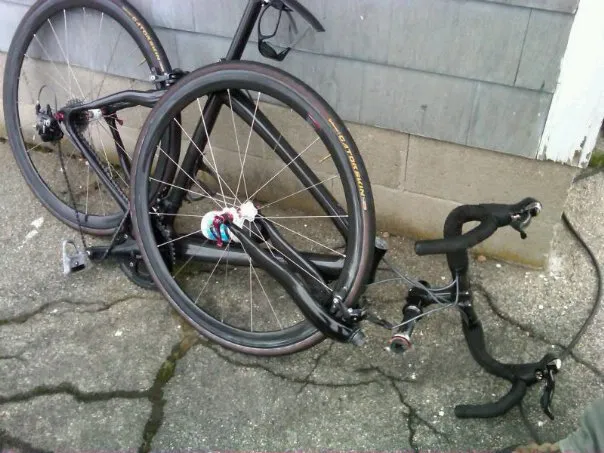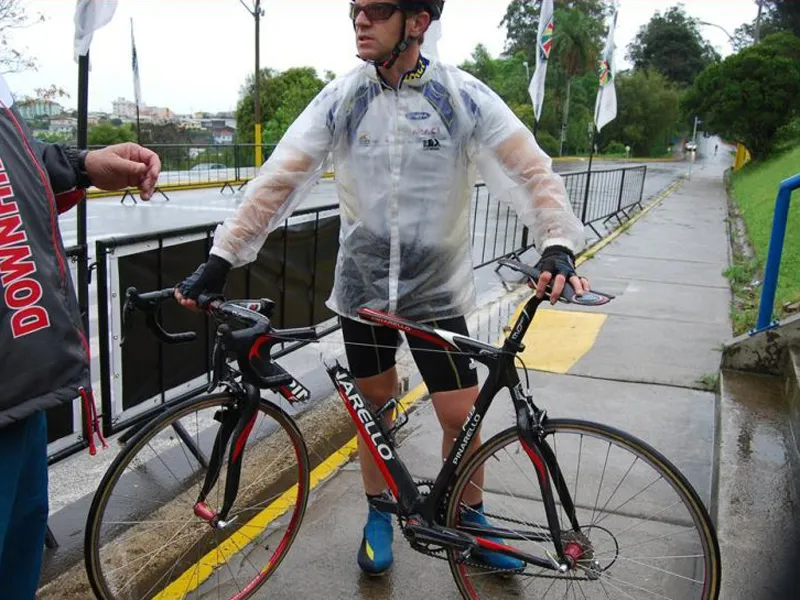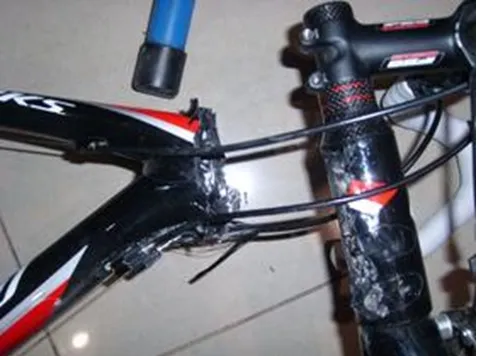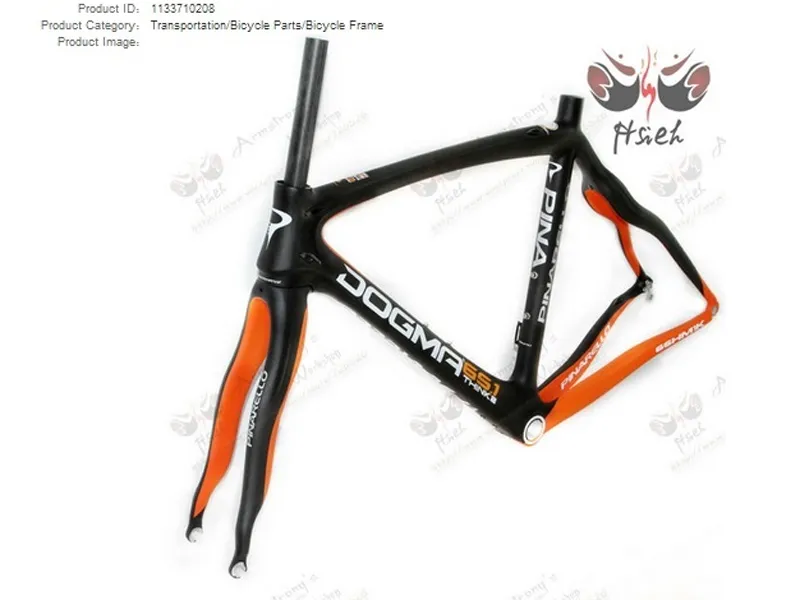A small number of unscrupulous local bike shops are blending fake bike equipment with genuine product and selling to unwary consumers, an anti-counterfeiting expert has told BikeRadar.
Michele Provera, vice president of Convey, an Italian company that investigates and shuts down sites selling knock offs, said fake gear which costs the bike industry tens of millions of euros each year is not just restricted to online deals between bargain hunters and dodgy manufacturers.
Provera said: "The problem is it's not just the final consumer who buys the fake, but the small shops who are trying to supply... the smartest ones are trying to mix true goods and fake frames – which is misleading."
Provera emphasised that shops advertising themselves as 'authorised dealers' were selling genuine products and customers could buy from them with confidence. But he said it was with unaffiliated local bike shops buying fakes from internet wholesale sites where the issue has emerged.
"The problem is if you are a final consumer, you can go to your shop and buy a fake Pinarello frame, for example, without knowing," he said.
He said the problem had been exacerbated recently by the pop up of so-called agent sites which act as an interface between the Far Eastern copycat manufacturers and western buyers by providing content in European langauges.
He said the brands feared damage to their reputation if customers buy a fake, find the bike fails and then go to online forums to attack the brand.

In January, the World Federation for the Sporting Good Industry (WFSGI), whose members include a number of top bike brands, launched a programme with Convey to combat the counterfeit goods market.
It was the first indication that big brands are poised to collectively work together to combat the problem.
Provera added: "We encountered this extreme need among the bike industry to counter the counterfeit market. [The brands] are extremely concerned for liability issues and for all the possible damages and accidents that could happen to those purchasing fake parts."
So far, almost 10 brands have joined the WFSGI-led prject, including Pinarello, 3T, Ghost and Lapierre. Provera said it had been working for Italian manufacturer Pinarello for just a few months to stamp out fakes known as 'Chinarellos' and saved it almost €1m (US$1.3m / £820,000).
He said big, well-known brands were particularly affected by the counterfeit market which can turn out one-to-one reproductions for a fraction of the cost – but without committing the product to any meaningful safety checks.
"Since we are fighting with big factories they are producing their own branded carbon frames and stem then they realise if they sell the very same applying the Pinarello, Specialized or the Cervelo sticker they are selling ten times more."
Provera said the fake products originated from a small number of factories on the in the Far East, which one counterfeit expert labelled as having gone to the "dark side".


